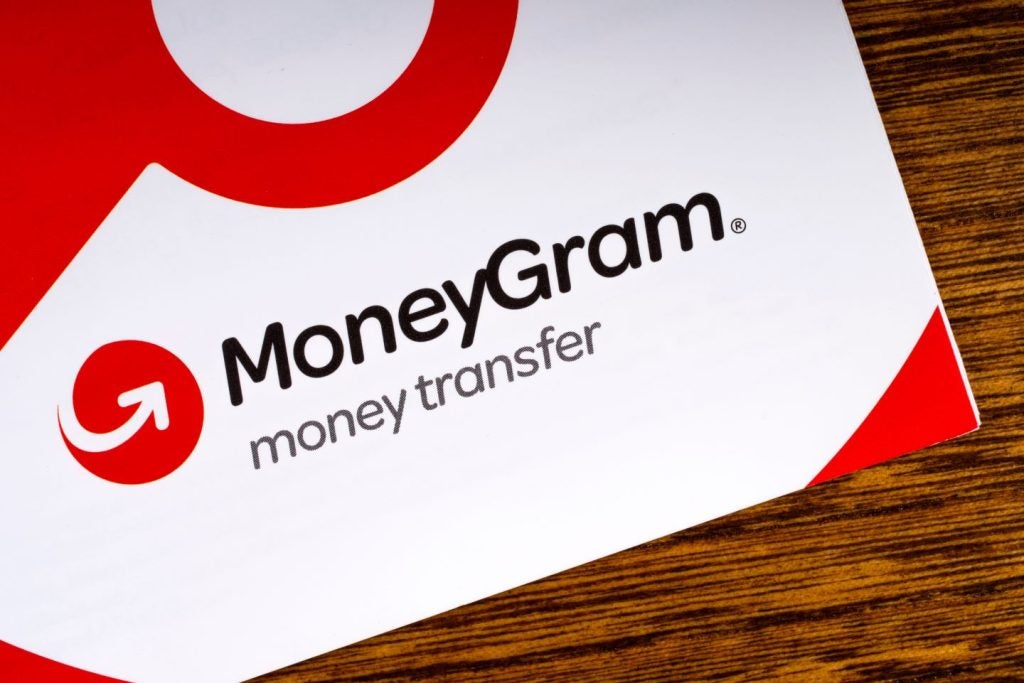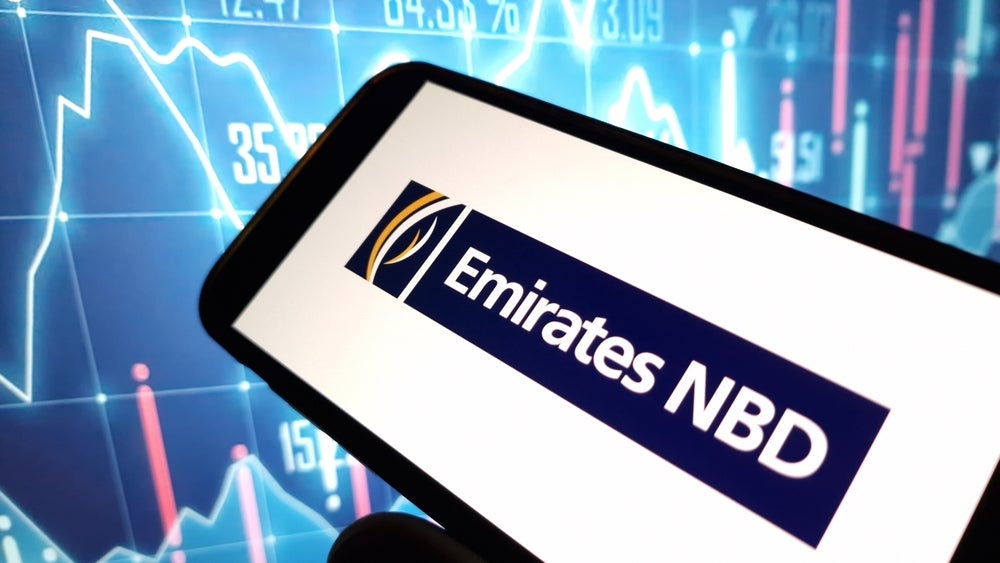Anna Milne speaks to Richard Wagner, the founder of Advanced Payment Solutions (APS), about the journey to become the first fintech non-bank to offer banking services through the Post Office network, the struggles that followed and what non-banks need to do to stick out in the market
"A 25% share for digital challengers, collectively, in five years’ time would be considered a raving success."
The subscript there being that it is not out of the question, according to Rich Wagner, whose company, Advanced Payment Solutions (APS), has just linked up with the UK’s Post Office, granting it access to the Post Office’s banking services across its 11,500 branches.
APS started in 2004 and, as CEO Rich Wagner says, was trying to be a challenger bank before the term challenger bank ever became nomenclature in the fintech world. Aps provides banking solutions for consumers, business and the public sector.
Its digital account, Cashplus, serves one million customers and with the service now linked to the Post Office, these customers will be able to make real time deposits, withdrawals and instant balance enquiries over the counter.
Wagner has been targeting the Post Office for seven years to secure this particular access to its branch services. When he initiated early conversation around it, the powers that be at the Post Office felt it was just for traditional banks it seems. Wagner returned two years later and while proceedings got a little further, talks fell down again amid apprehension the project would not gain volume. It seemed to Wagner that the Post Office just didn’t see APS as a legitimate player, not being a traditional bank.
"Ultimately, in the last five to six years, the Post Office has become more commercially minded and opened up to ask how are they going to monitise the great distribution channel that it has. They came around to the fact we were showing growth in the marketplace and credibility in providing an alternative solution. We may not be a bank but our product is a current account in all name except cheque-clearing."
The deal was signed about six months ago and the service is now live following a small pilot among friends and family.
"I see ourselves as a First Direct in everything they do, even the servicing side, which we’re very proud of. We have over one million consumers, 30,000 SMEs and nearly 30% of the local authority market use our services to facilitate their banking and payment needs.
What are the key barriers for fintech players in London?
"One of the main hurdles that the fintech players need to overcome is financial investment. Anyone that actually has a banking environment has spent many millions and probably billions of pounds to set up an infrastructure that we as a fintech player and the end consumer enjoy today and the bigger financial institutions certainly have a view that they would prefer us not having direct access to capabilities that have been there for, and I hate to say it, the old boys network, the high street clearing banks of the UK."
Wagner says this goes back to 2007 when he APS became the first principal member of MasterCard as a non-bank entity.
"We were able to break those barriers down. It didn’t take as long as the Post Office but it did require a two-year lobbying effort to make it happen. And I think once they see the competency these fintech players have- with as much capability and certainly more innovativeness than the high street banks- they’ll also see that the volume and growth are going to come from players like us and not from the retail establishments that we’ve seen over the last 50 years."
What part did the CMA play?
Wagner certainly has temerity. "MasterCard said no about ten times and the Post Office about a hundred. But there are critical access points for fintech players to operate in and by having external parties like the CMA pointing this out to the wider industry. Despite now having access to 11,000 branches and having been a direct member of MasterCard for the last eight years, I still don’t have direct access to the faster payments network; I still don’t have access to BACS directly and that is an inhibitor for me.
"I’m lucky enough to have a partnership with NatWest, which allows me to have a sort code and account number but I’m not allowed the responsibility to own that sort code and account number range myself- I need to rent it from NatWest. They will have a certain risk parameter from a high street bank legacy system, which I will still have to operate under. If we had that direct access, there is much more flexibility that we could provide to consumers, businesses and even the government- if we were allowed the capability to build those innovative features onto networks that have been there for the benefit of banks for the last five to ten years.
"The CMA, whatever the outcome, will provide an extremely informative view of the industry. The regulators are going to have to look at this as one small step that says the bodies are going to have to be more proactive in providing access to players like us to accomplish the goals and the CMA-recommended outcomes.
"This link up was a large initiative, a never-before done collaborative effort to grant access to a non-bank. We needed access to the Bank of England; to the link network and it was a combined IT undertaking between the Post Office, Vocalink as a payment gateway network and FIS, APS’ card processing platform player.
"I’m happy to be the first, it gives me a first mover advantage, but also I recognise we need to do something for the industry also in providing similar solutions to consumers and businesses in a much digitally-enabled way and will help revolutionise the payments industry on behalf of the banking industry."
Are there any more lobbying efforts in the pipeline?
"I’m an advisory member on the board of the Emerging Payments Association and we’re passionate about getting equal access for non-banks.
"This step took me seven years – I hope the next one won’t: getting direct access to the faster payments networks and BACS. If you asked me three or four years ago whether that was even feasible, I would probably have said no but with the emerging aspects of the payments system regulator, the PFR, and with the regulation momentum and the CMA promoting more competitiveness, we no longer have headwinds. We have tailwinds pushing us to the fact that these access capabilities will be there.
"Within the next two years you’ll be calling me up talking about APS being the first non-bank to have access to BACS and faster payments."
Will non-banks overtake traditional banks?
Wagner is optimistic about the potential fintech non-bank challengers have to disrupt the monopoly of the big UK high street banks, despite the market share they have established.
He says: "I think it would be a wonderful dream come true. The banks have established a tremendous market share over 50 to 100 years. We know the lethargy of the consumer base. Less than 3% will change their current account in a lifetime, let alone within a year. It’ll be interesting to see how the new generation will do their banking. The banking industry brings innovation every year to the table. Adoption of that innovation sometimes takes a generation to take hold. That is speeding up. Adoption is going faster than I’ve ever seen in 30 years.
"I think adoption will be much faster than in the previous 25 years. There’ll be material change happening and five years from now I still think the big banks will have a majority share but they certainly won’t have a 90% share. The fintechs will take a pretty large chunk of that and if collectively, say, fintech players five years from now had a 25% share against major banks I think everyone would agree that would be a raving success."
Of Wagner’s 15 years in the UK, ten and a half have been with APS. He also has experience of the US region and is well placed to compare the fintech of both regions.
Wagner adds: "In terms of mobile, Europe and the UK are far more advanced. In terms of digital and online customer experience, because of Silicon Valley and a lot of fintech hubs in the US and the technology in the US, they still have a little bit of advantage over the UK and Europe.
"But when it comes to core fintech, even my investor, who’s been a managing partner of a private equity firm for well over 30 years, loves the fact that we’re in London. Everything you read, all the PR, it’s not just PR, it’s reality. However, one concern is that despite the massive talent, the intellectual capital that’s in Silicon Roundabout and the City and certainly on South Bank where we sit- the one concern is the internet speed. The UK’s internet speed is average, midmarket for all of Europe. And if the UK or certainly London wants to be the fintech capital of the world, they better be in the top tier of internet speed in the world. I don’t think it’s a big inhibitor but it is a misfit right now. If it continues without change, in five to ten years’ time then it will be damaging.
The UK ranks middle of the table which counters the fact you have so many fintech companies coming for the talent that exists here and it was quite interesting to hear people talk about the sheer amount of traffic. It’s so congested. The infrastructure for internet speed hasn’t kept up with the growth of the fintech sector within the UK.
Wagner concludes: "Never rest on your laurels. We have been a leader for the last 10 years of operation; we want to be a leader for the next ten years. Are we done with lobbying and further access into the payment networks? No, this is a great landmark milestone for us and actually the industry because there’s no question the Post Office will allow access to other players. In another year or two you’ll be hearing of other firsts from APS because that’s what we’ve been doing for the last ten years and we are certainly not going to stop now."







